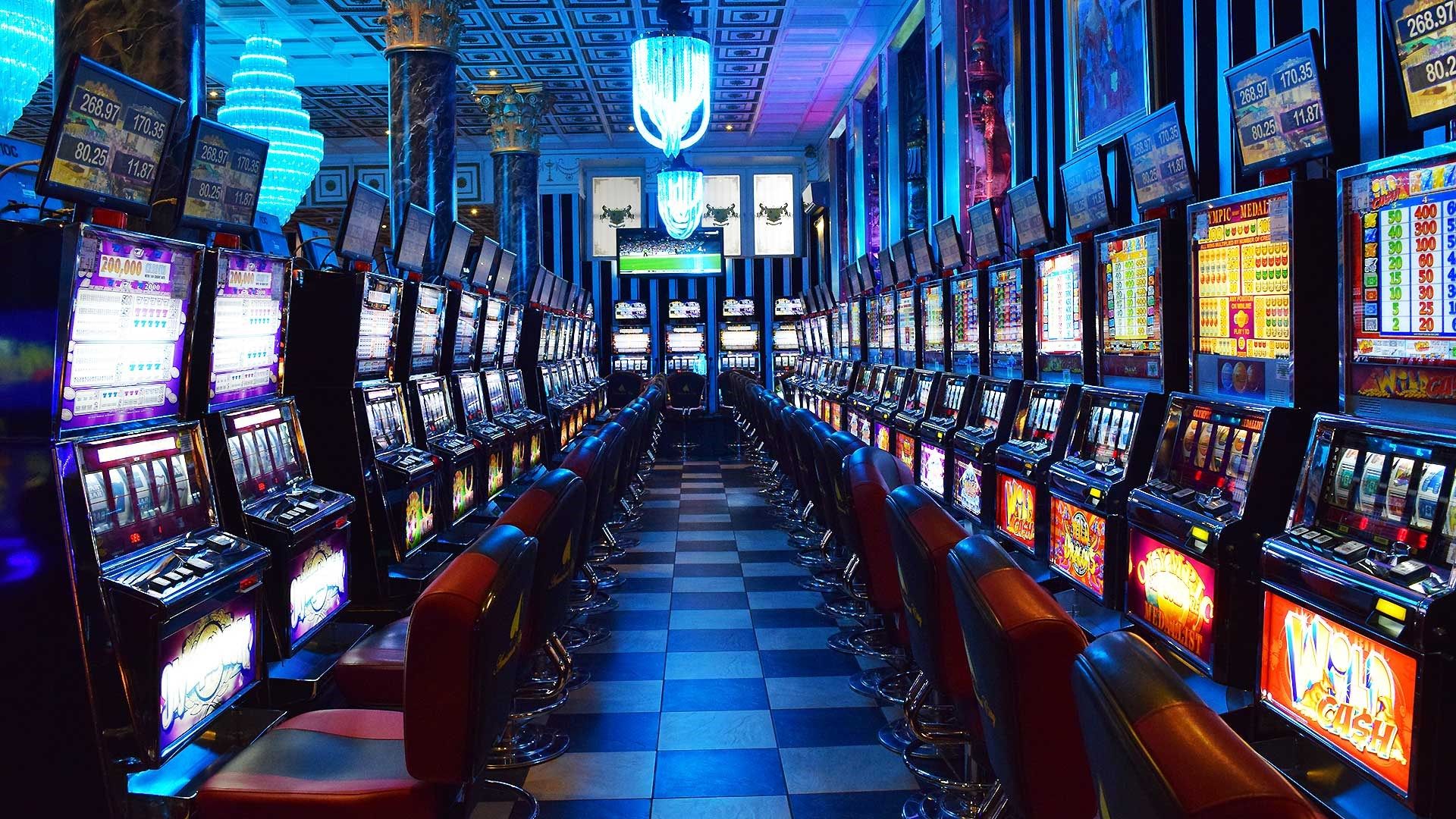
Casino entertainment have long been a captivating entertainment option, drawing countless of players from varied cultures around the globe. From the glitzy casinos of Las Vegas to the busy gambling halls of the Cotai Strip, these games serve as a common thread that unites people across various backgrounds. The allure of chance, strategy, and uncertainty entices not only those seeking to strike it rich but also those seeking a feeling of belonging.
The significance of casino games extends significantly past the gaming floor. They often represent the cultural standards and principles of the communities in which they prosper. 99win Games such as seven-card stud, pontoon, and the wheel game have embedded themselves into the tapestry of mainstream culture, influencing various aspects from films to clothing. As we explore this fascinating intersection of gambling and culture, we can gain insights into how gambling games shape and are influenced by the world around us.
Chronological Evolution of Gambling Activities
The roots of gambling activities can be followed back to historical cultures, where gambling in multiple forms was widely engaged in. In Ancient China, around two thousand three hundred years before Christ, a type of gambling known as Keno was well-known, while in historic Rome, soldiers would regularly wager on the results of their matches. The concept of using luck for fun and income evolved over the centuries, leading to the establishment of more structured games. By the final Middle Ages, betting houses initiated to emerge in Europe, particularly in Italy, which introduced early versions of famous games still practiced today. Thể Thao 99win
As gambling gained fame in the continent, the 17th and 18th centuries saw the rise of gaming houses as specialized establishments for gaming. The first official casino, the Ridotto, was established in the Venetian city in 1638, offering games like the game of Baccarat and Faro games. This time marked a significant shifting point, as gaming venues started to attract not just the high society but also the growing middle-tier society. The refinement of games evolved, leading to the development of new rules and versions that improved the gaming experience.
In the 19th century, the era of industrialization and shifts in societal conventions additionally changed the terrain of casino activities. The arrival of the game of roulette and contemporary one-armed bandits pulled in a broader audience, and gambling establishments became seen as legitimate forms of fun. This era witnessed the worldwide proliferation of gaming, as casinos spread from the continent to the Western Hemisphere, culminating in the establishment of the legendary Strip of Las Vegas in the 1900s. The progress of casino activities has progressed into the present day, incorporating technology and digital platforms, allowing them accessible to a global population.
### Cultural Importance in Different Cultures
Gambling games have profound cultural and social importance across numerous societies across the globe. For instance, in Las Vegas, the very fabric of the urban landscape is woven around gambling establishments, where playing is not just a recreational activity but a key aspect of leisure and community life. The bright lights and lively atmosphere attract countless individuals, showcasing how games of chance can impact local economical structures and local cultures. This surrounding transforms the notion of relaxation into an engaging encounter that shapes apparel, sound, and even cinema.
Conversely, some cultures approach wagering with an air of caution, viewing it through the lens of ethical beliefs and customs. For instance, in many Eastern communities, games like Mahjongg and Pai Gow Gambling are full of history and have significant social implications. These games are often played during get-togethers and festivities, fostering community bonds and solidifying kinship ties. The act of playing these games goes past mere entertainment, reflecting values such as deference to seniors and the significance of collective enjoyment.
Simultaneously, in European countries such as Monaco and the Italian Peninsula, games of chance serve as symbols of luxury and refinement. The refined atmosphere of these locations attracts both visitors and residents, maintaining a sense of status and exclusivity. The art of the game of poker and the tactical components of games like banker’s game are esteemed, shaping community relationships and establishing an appeal that captivates a varied audience. This emphasizes how games of chance can both reflect and mold cultural attitudes towards danger, reward, and community interaction.
Financial Influence and Tourism
Casino games play a significant role in the economic landscape of many regions, particularly those that rely heavily on visitor traffic. The revenue produced from gambling establishments fuels local economies, creating jobs not only within the casinos but also but also in related sectors such as hotel management, restaurant services, and recreation. This influx of tourists, drawn by the attraction of gambling and the overall casino experience, stimulates expenditure across multiple businesses, contributing to the economic health of the region.
The existence of casinos often leads to the construction of infrastructure, including hotels, transportation systems, and leisure amenities. These improvements are essential in enhancing the overall tourist experience, making locations more appealing to tourists. Additionally, many casinos contribute in local communities through sponsorship of events and philanthropic activities, further integrating themselves into the community structure of the locality. Such investment not only supports economic growth but also fosters a positive reputation of the casino industry.
Moreover, the worldwide appeal of casino games drives tourism competition, with locations vying to attract players from across the globe. Iconic locations like Las Vegas and Macau have become identifiable with casino culture, drawing millions annually. This advantage encourages innovation and variety within the gaming industry, influencing developments in entertainment and accommodation that resonate beyond their borders. The ripple effects of this visitor influx extend far, impacting local financial health and cultural exchanges on a worldwide scale.